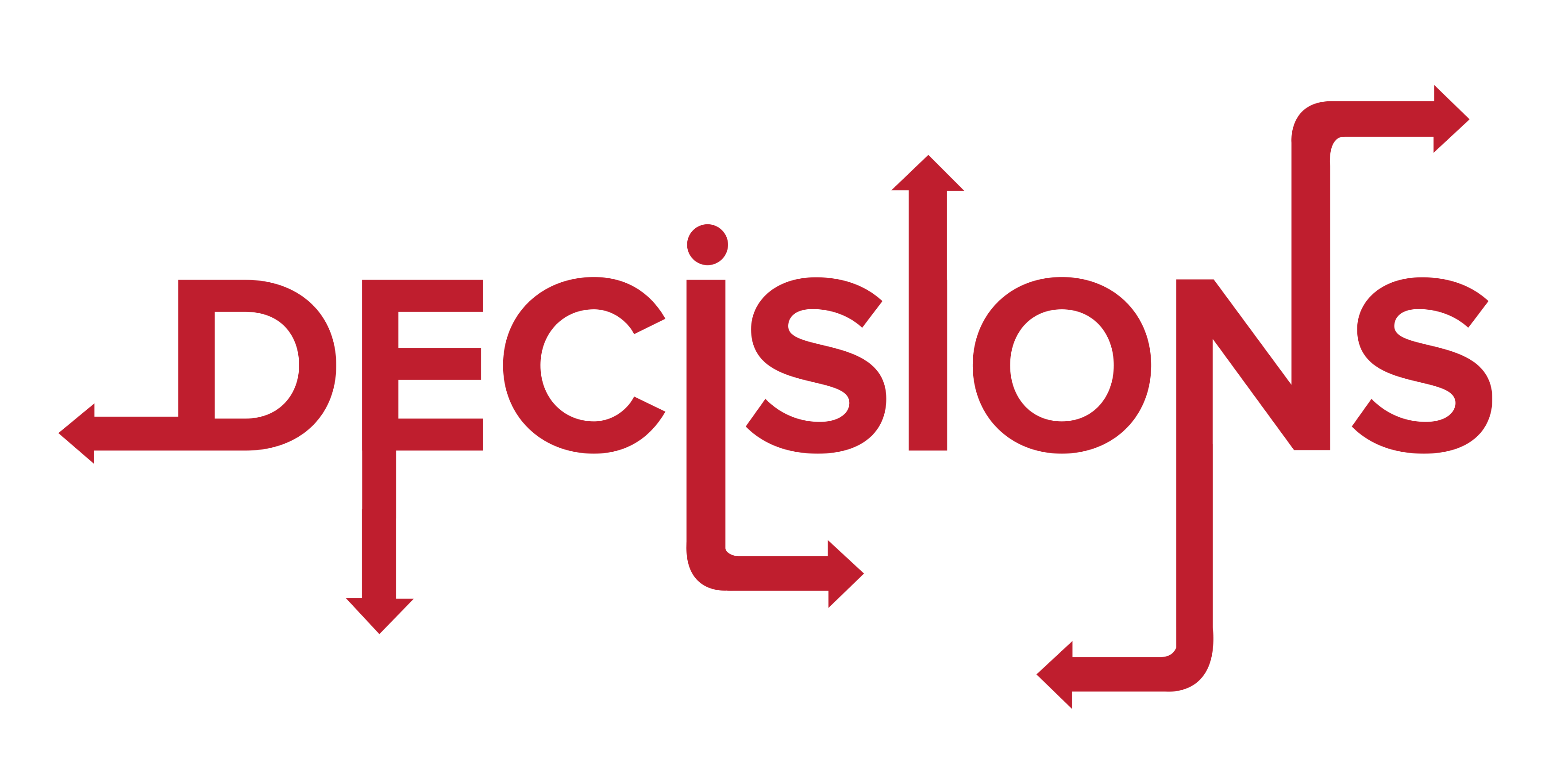 Psychology
Psychology
The "reasonable irrationality" principle
Throughout history, humans have searched for ways to improve their decisions. The idea of sound judgment attracted philosophers, economists, lawyers and counselling psychologists. Understanding sound decision-making is fundamental to our lives, as our financial decisions, the legal system, general well-being and even sports depend on it.

So, what decisions are considered sound? Foundational theories in neo-classic economics address this question by pointing to the concept of rationality. A rational person is aiming to maximize their preferences, to de facto pursue their self-interests. According to economists, a rational person uses abstract rules, irrespective of moral concerns. Beyond rationality, legal scholars frequently mention an entirely different concept of reasonableness. In law, a reasonable person is used to evaluate the soundness of decisions in court. A reasonable person is an intelligent but nondescript, and fair-minded observer, a good citizen under the circumstances. Civic-minded disciplines and moral philosophy have also used reasonableness as a critical way to justify behaviours in the public eye. The influence of two distinct standards of sound judgment is evident in the model of a rational actor in economics and the reasonable person standard in tort and criminal law.
Despite centuries of theory in economics, philosophy and legal studies, nobody has bothered to ask people what they actually mean by rational and reasonable judgments. This difference is important because people often fail to follow economic models, and appear to be quite irrational. Is this because they don't understand what economists are after and are unable to follow the rationality standard? Or is it because they favour the standard of reasonableness? And do they differentiate these standards at all?
We recently explored this question in a paper published in Science Advances, zeroing in on a public understanding of rationality and reasonableness. First, we analyzed the largest databases of written texts -- NEWS, Soap Operas on TV, Supreme Court opinions, and over 100 years of books in English, Spanish, Portuguese and Russian. Our analyses of the written text revealed that people associate rationality with words that are individual-focused, analytic, and abstract. In contrast, they associate reasonableness with words that are communal, pragmatic, and context-sensitive. Similarly, asking people to provide spontaneous impressions of rational and reasonable persons revealed attribution of abstract qualities and self-interest to rational people and social consciousness to reasonable people. Moreover, rational people are perceived as maximizers. When making a choice, they would search for alternatives until finding the best possible option. In contrast, reasonable people are viewed as satisficers. They search for alternatives until they meet an acceptable threshold.
Next, we asked to play a series of economic games, such as the dictator game, in which a person is given $10 and asked how much they want to share with another anonymous player. According to economic theory, one should not share anything. However, people typically do share a substantial amount. We asked people what rational and reasonable strategies would be in this situation. What rational and reasonable people would do and how they would act if they were rational or reasonable. As it turned out, experimentally activating the rationality standard promotes self-serving decisions, consistent with the economic theory. In contrast, activating the reasonableness standard promotes fair, more socially conscious decisions.
The difference between rational and reasonable judgments occurred both in North America and in Pakistan, including bankers, street merchants, and even rural residents engaging in non-monetary exchange of goods. It also generalized across economic games, including the prisoner and commons dilemma. In each case, people expected rational persons to focus on their preferences and reasonable persons to be cooperative. Additionally, people strategically used rational and reasonable standards of judgment, favouring a rational person to represent their side in economic and social disputes, but choosing a reasonable person to represent the other side.
Our work indicates that people have a decent understanding of the rationality standard, then economists and other social scientists have assumed. However, despite intuitively understanding rationality, people often favour being reasonable, even if it comes at the expense of being rational. In other words, people are often guided by the "reasonable irrationality principle" - they entertain a different understanding of sound judgment than the one favoured by economists. To better predict human behaviour, social scientists would benefit from embracing the additional standard of reasonableness rather than discounting it as an irrational nuisance or product of economic externalities. And theorists in economics and political science would benefit from asking people what they mean by good judgment in the first place.
Original Article:
Grossmann I, Eibach R, Koyama J, Sahi Q. Folk standards of sound judgment: Rationality Versus Reasonableness. Sci Adv. 2020;6(2):eaaz0289.Edited by:
Massimo Caine , Founder and Director
We thought you might like
Size does not matter: direct estimations of mutation rates in baleen whales
Jan 29, 2025 in Evolution & Behaviour | 4 min read by Marcos Suárez-MenéndezWill we soon witness the first summer without Arctic sea ice in 130,000 years?
Mar 17, 2021 in Earth & Space | 3.5 min read by Maria Vittoria GuarinoUnderstanding super bright mysteries of the universe
Apr 27, 2021 in Earth & Space | 4 min read by Devina MisraSurprising Behavior Changes in Genetically Modified Syrian Hamsters
Aug 30, 2023 in Neurobiology | 4 min read by Susan Lee , Kim Huhman , Jack TaylorMore from Psychology
Sharing a political ideology predicts more similar brain activity
Sep 1, 2023 in Psychology | 3.5 min read by Daantje de Bruin , Oriel FeldmanHallHow do people see, simplify, and solve problems?
Aug 25, 2023 in Psychology | 3.5 min read by Mark HoWomen are human too, but not according to the internet
Jul 21, 2023 in Psychology | 4 min read by April BaileyDeaf to arguments? How conspiracy beliefs shape opposition to wind farms
Jun 12, 2023 in Psychology | 3 min read by Kevin WinterCan Training Make Policing Fairer and More Effective?
May 22, 2023 in Psychology | 3 min read by David Weisburd , Cody TelepEditor's picks
Trending now
Popular topics


